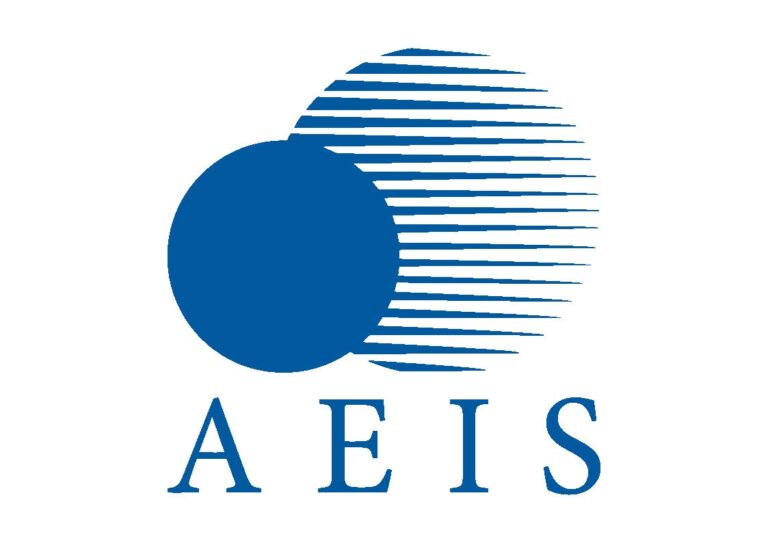Taiwan chip giants Taiwan Semiconductor Manufacturing Co (TSMC) and United Microelectronics Corp (UMC) are building up their production bases abroad. The Taiwan authorities, who previously encouraged domestic production, have begun allowing overseas expansion as governments and companies in Japan, the US and Europe seek to shore up their supply of chips.
TSMC is erecting a production base in Kumamoto Prefecture, working with Sony Group Corp and investing over JPY1 trillion. It decided in August to also set up a factory in Dresden, Germany.
CEO CC Wei, who anticipates an investment of over EUR10 billion, said that Europe is promising because of its automotive and industrial sectors.
TSMC will provide 70 per cent of funding, with Bosch, a major German automotive parts manufacturer, and two other companies contributing the remaining 30 per cent. TSMC is also spending USD40 billion dollars to construct a new facility in the US state of Arizona, its third large-scale investment in a foreign country.
UMC is investing 5 billion dollars in a new factory in Singapore that is expected to open in the second half of 2024.
According to Taiwan research firm TrendForce Corp, TSMC commands 56.4 per cent of the global market share in contracted semiconductor manufacturing. Including UMC, which ranks fourth with 6.6 per cent, Taiwan companies hold a 64 per cent market share, making semiconductors a core industry accounting for about 40 per cent of Taiwan’s total exports.
Concerned about security, Taiwan authorities had stressed local semiconductor production that could double as a deterrent to China, dubbed the “silicon shield.” The “shield” is meant to force China and the international community to consider how the semiconductor supply chain could be disrupted by a Taiwan crisis.
While the authorities have shifted their stance on overseas expansion due in part to US-China tension and moves by Japan, the US and Europe to restructure supply chains, the policy switch has also been triggered by a lack of human resources on the island.
The authorities believe that international collaboration is essential to address the shortage.
The Semiconductor School at Taiwan’s Minghsin University of Science and Technology plans to launch a program for Japanese students by February 2024. The school, which receives subsidies for facility development from the authorities, also plans to host technicians from Japanese companies.
“The semiconductor industries of Taiwan and Japan share a close relationship,” said university President Liu Kuo-Wei. “Training Japanese personnel also offers significant benefits for Taiwan.”








